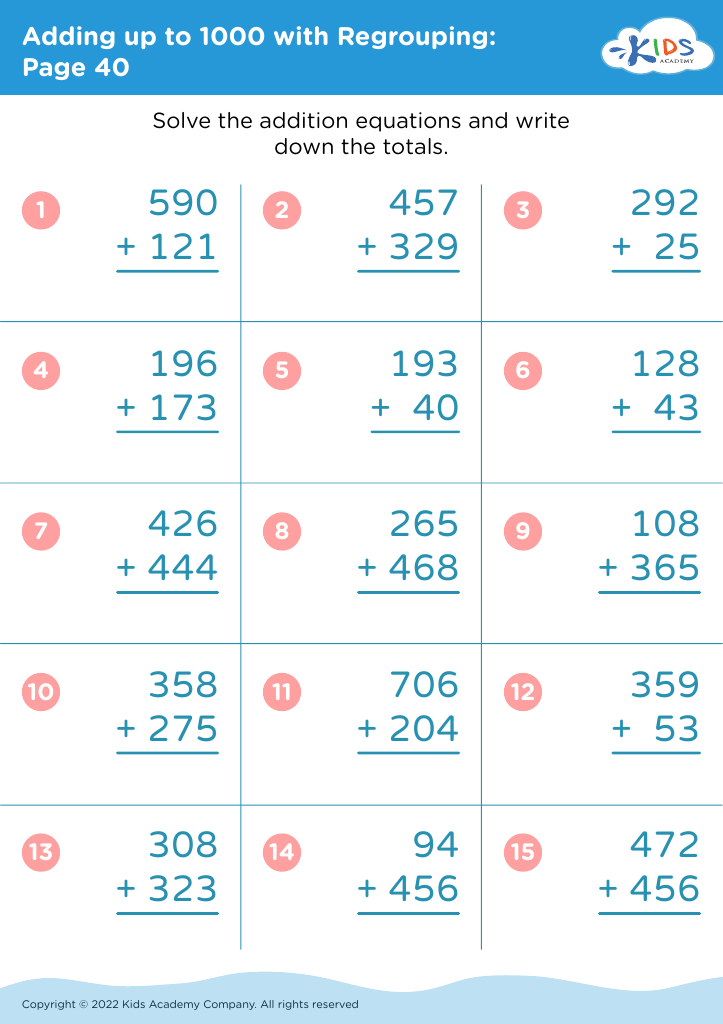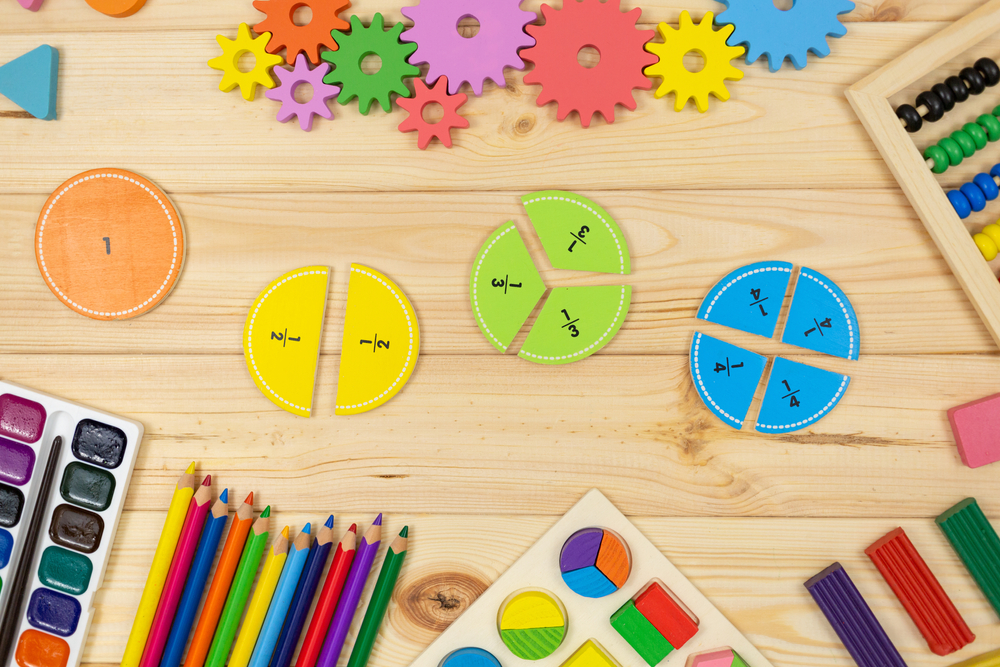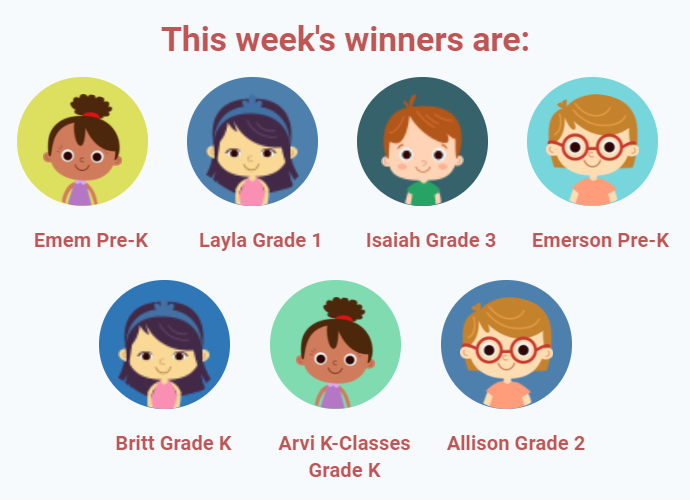Learn subtraction Worksheets for Ages 5-7
4 filtered results
-
From - To
Discover our engaging subtraction worksheets designed specifically for children ages 5-7! These fun and interactive resources feature colorful illustrations and easy-to-follow exercises that will help young learners master subtraction concepts. Our worksheets include a variety of activities, such as number lines, picture problems, and simple equations, ensuring a well-rounded approach to learning. Ideal for use at home or in the classroom, these worksheets promote essential math skills while keeping kids entertained. Encourage confidence in mathematics with our accessible subtraction worksheets, perfect for early learners wanting to develop their analytical abilities in a playful way. Get started today!
Learning subtraction is crucial for children ages 5-7, as it establishes a foundation for their mathematical understanding and everyday life skills. At this age, children are developing their cognitive abilities and are ready to grasp basic arithmetic concepts. Mastering subtraction not only enhances their math skills but also fosters critical thinking and problem-solving abilities.
Parents and teachers should care about teaching subtraction because it directly impacts a child's confidence and self-esteem. When children successfully learn to subtract, they experience a sense of achievement, which encourages a positive attitude towards learning in general. Moreover, subtraction is integral in various real-life scenarios, such as managing money, sharing, and understanding quantity, making it essential for their overall development.
Additionally, a strong grasp of subtraction enables children to build upon more advanced mathematical concepts in the future, such as addition, multiplication, and division. This foundational knowledge is linked to future academic success and helps them navigate more complex subjects in school. By supporting and encouraging subtraction learning at this critical age, parents and teachers can empower children with essential skills that last a lifetime, preparing them for future challenges in school and beyond.









.jpg)









